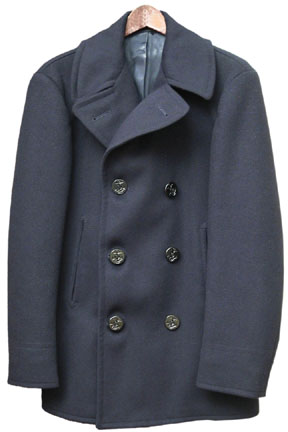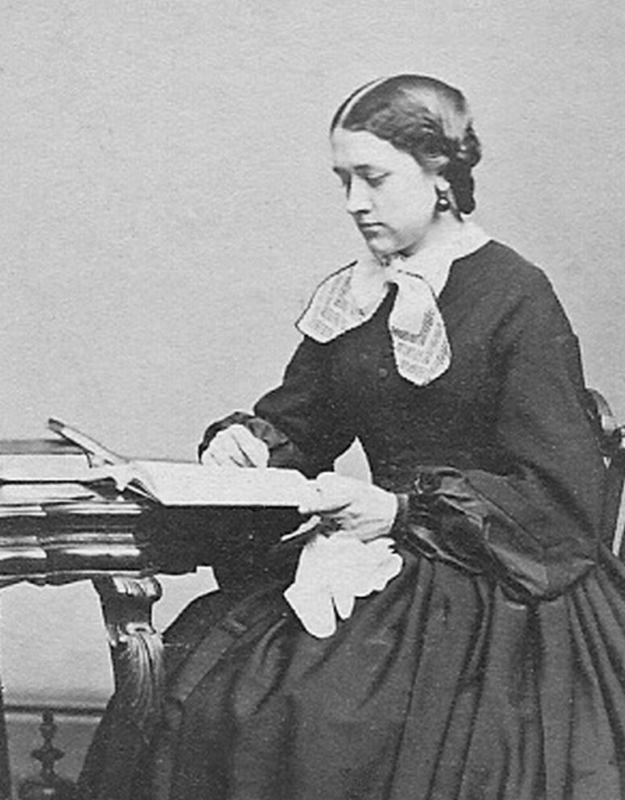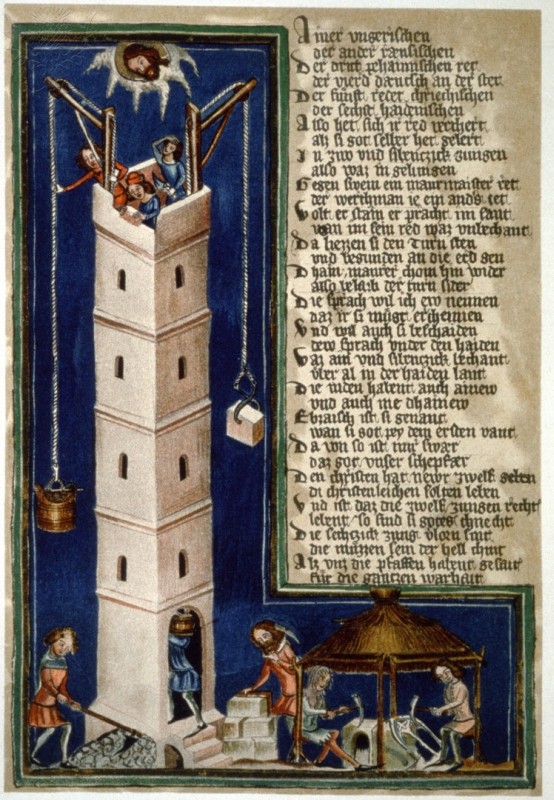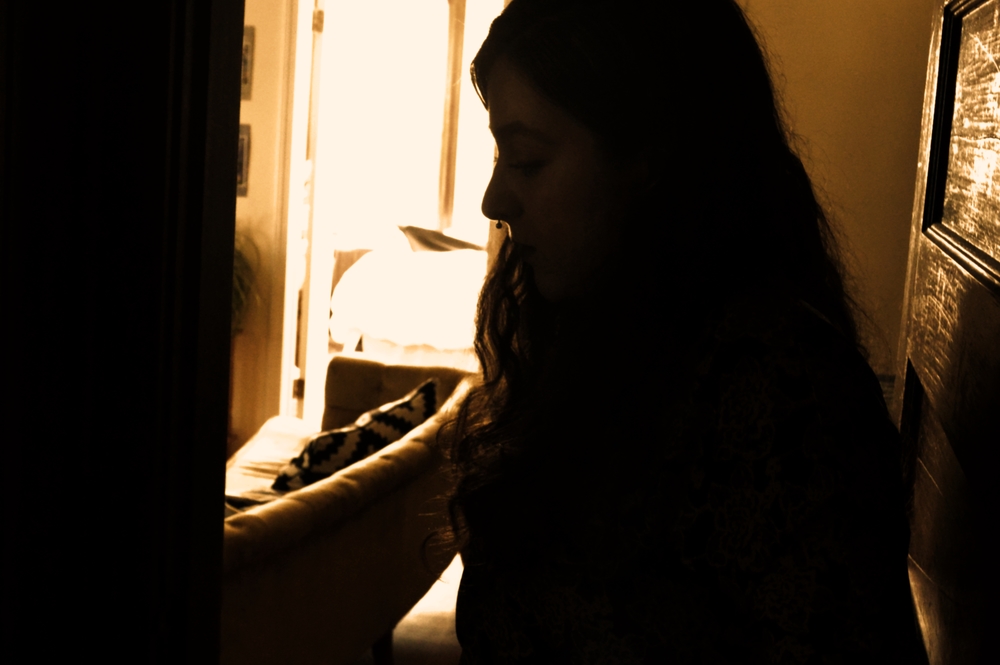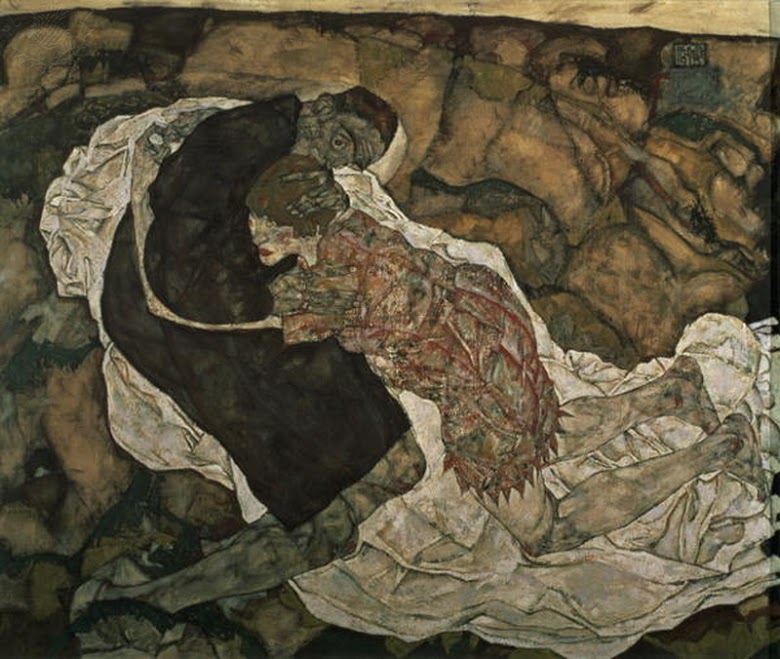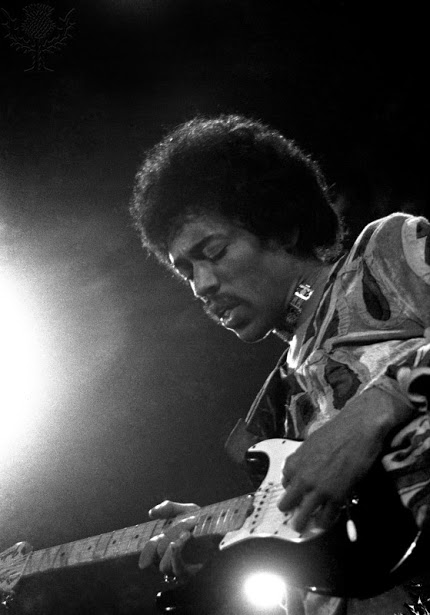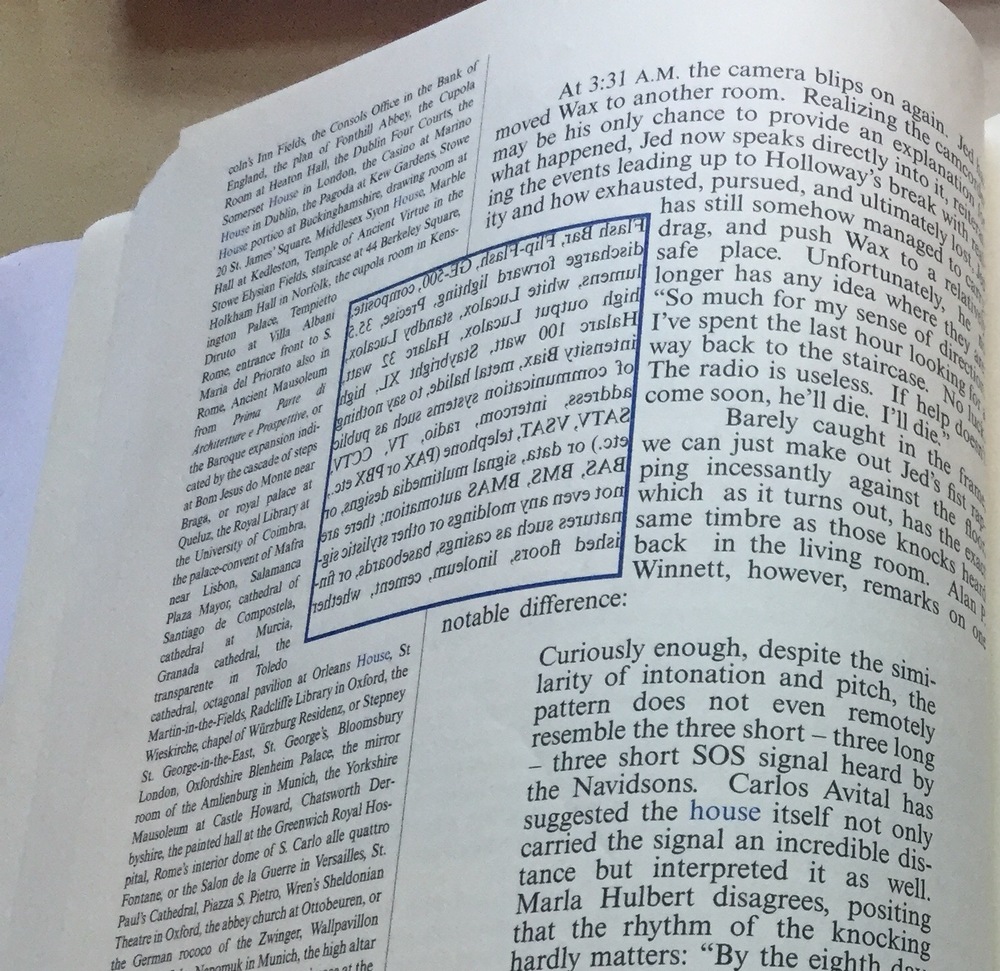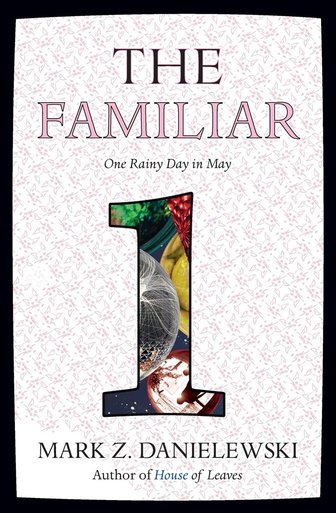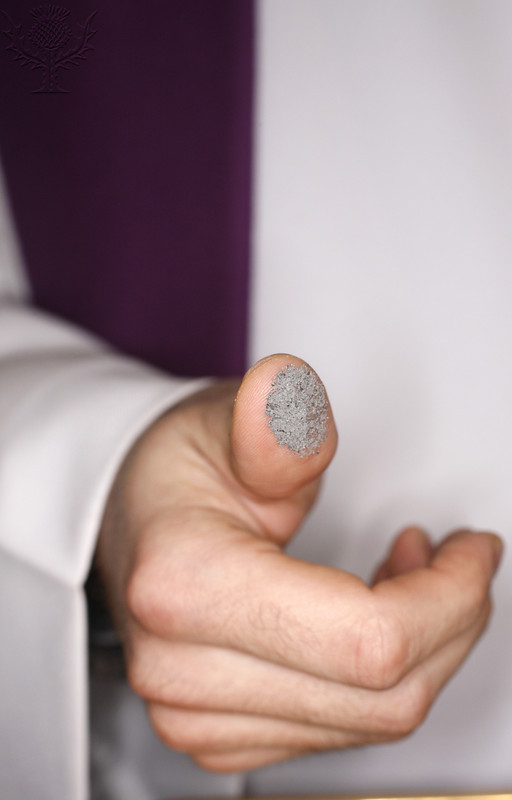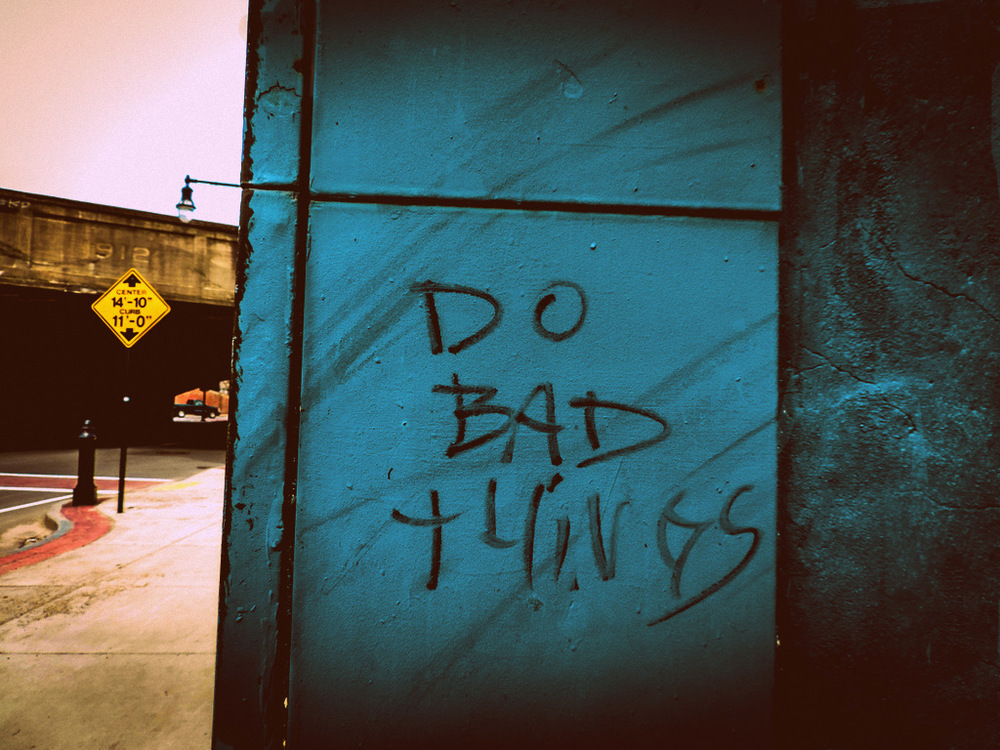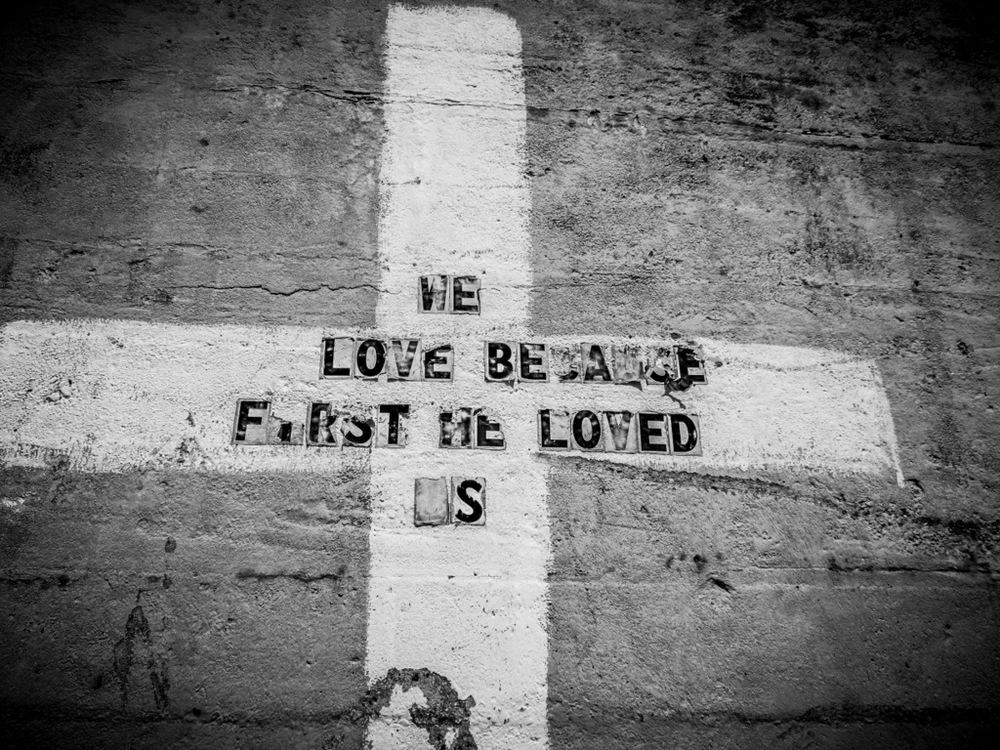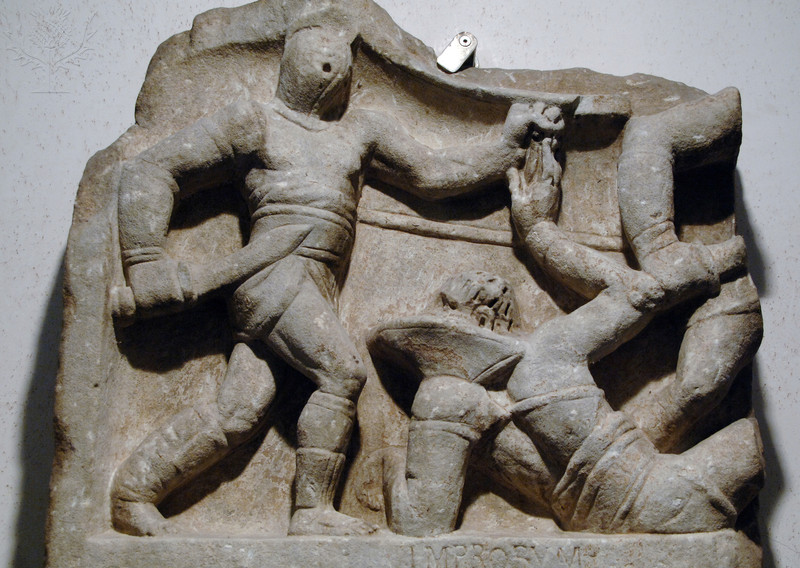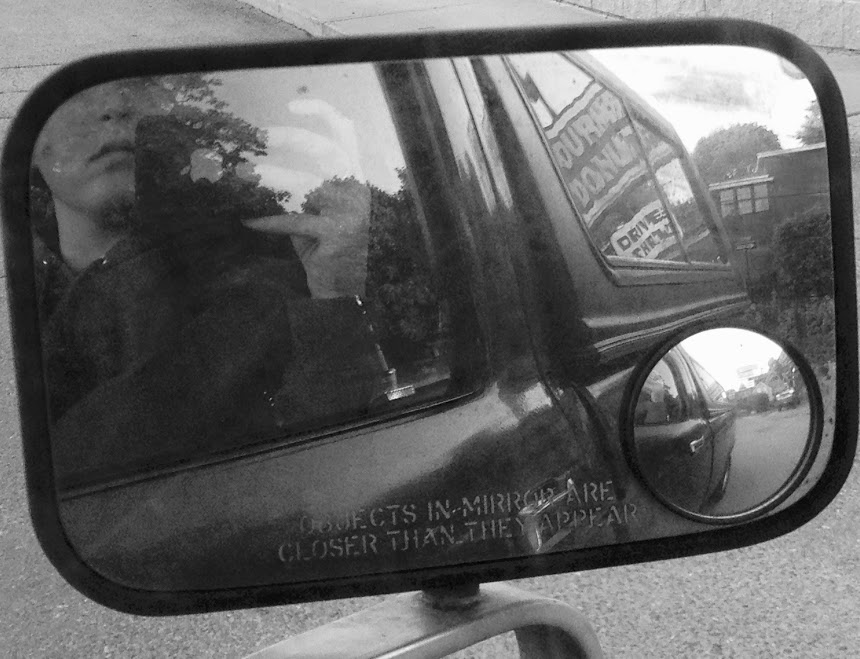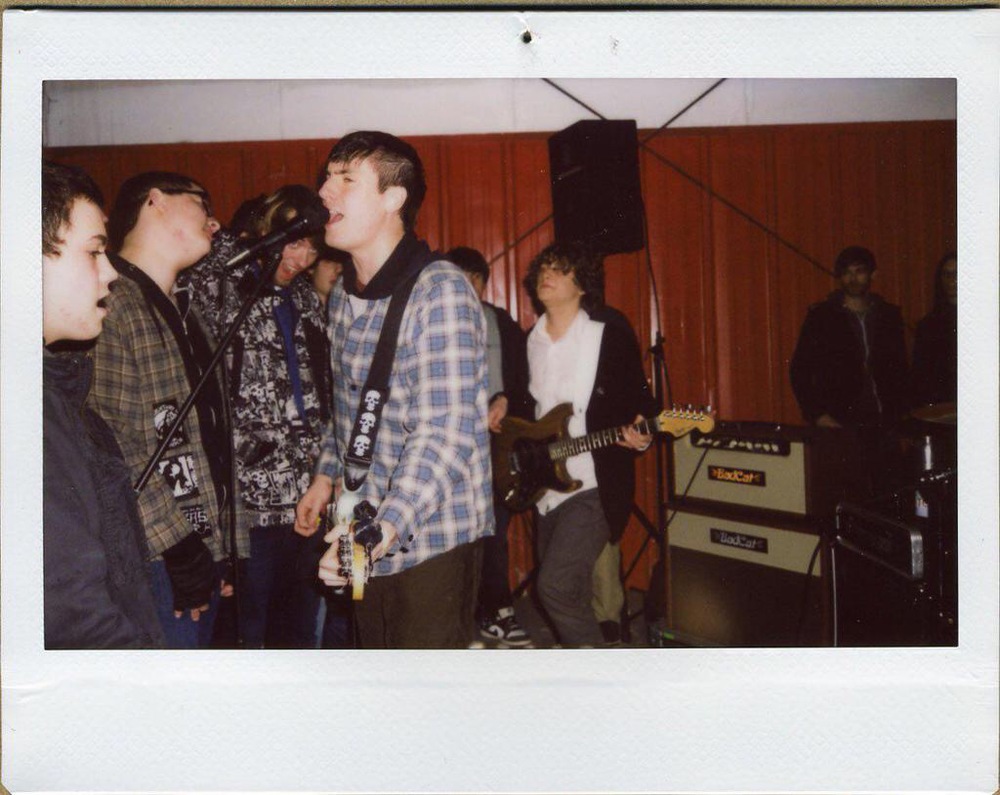by Charlotte Rutty
Â

             Dante Fenolio / Photo Researchers /Universal Images
0
0
1
2996
17081
WPI
142
40
20037
14.0
Normal
0
false
false
false
EN-US
JA
X-NONE
/* Style Definitions */
table.MsoNormalTable
{mso-style-name:”Table Normal”;
mso-tstyle-rowband-size:0;
mso-tstyle-colband-size:0;
mso-style-noshow:yes;
mso-style-priority:99;
mso-style-parent:””;
mso-padding-alt:0in 5.4pt 0in 5.4pt;
mso-para-margin:0in;
mso-para-margin-bottom:.0001pt;
mso-pagination:widow-orphan;
font-size:12.0pt;
font-family:Cambria;
mso-ascii-font-family:Cambria;
mso-ascii-theme-font:minor-latin;
mso-hansi-font-family:Cambria;
mso-hansi-theme-font:minor-latin;}
0
0
1
2996
17081
WPI
142
40
20037
14.0
Normal
0
false
false
false
EN-US
JA
X-NONE
/* Style Definitions */
table.MsoNormalTable
{mso-style-name:”Table Normal”;
mso-tstyle-rowband-size:0;
mso-tstyle-colband-size:0;
mso-style-noshow:yes;
mso-style-priority:99;
mso-style-parent:””;
mso-padding-alt:0in 5.4pt 0in 5.4pt;
mso-para-margin:0in;
mso-para-margin-bottom:.0001pt;
mso-pagination:widow-orphan;
font-size:12.0pt;
font-family:Cambria;
mso-ascii-font-family:Cambria;
mso-ascii-theme-font:minor-latin;
mso-hansi-font-family:Cambria;
mso-hansi-theme-font:minor-latin;}
0
0
1
3003
17122
WPI
142
40
20085
14.0
Normal
0
false
false
false
EN-US
JA
X-NONE
/* Style Definitions */
table.MsoNormalTable
{mso-style-name:”Table Normal”;
mso-tstyle-rowband-size:0;
mso-tstyle-colband-size:0;
mso-style-noshow:yes;
mso-style-priority:99;
mso-style-parent:””;
mso-padding-alt:0in 5.4pt 0in 5.4pt;
mso-para-margin:0in;
mso-para-margin-bottom:.0001pt;
mso-pagination:widow-orphan;
font-size:12.0pt;
font-family:Cambria;
mso-ascii-font-family:Cambria;
mso-ascii-theme-font:minor-latin;
mso-hansi-font-family:Cambria;
mso-hansi-theme-font:minor-latin;}
The day after the first dream, I meet Jeremy. In this dream, crocodiles are falling on me. Iâm runningâit must be through the woods because itâs dark and green all around me. Crocodiles seem to take shape out of this heavy greenness, as if perhaps they are made only of leaf and shadow.
I know itâs stupid but when I wake up I check for claw marks on my back, for blood in my hair. I am clean. Still, I canât shake the green haze it leaves me in, and before I know it itâs five in the afternoon. I let myself in after work and find a boy in my living room, in banana-patterned boxers, waiting for my roommate to wake up.
I want to talk about my dream. âI dreamt of crocodiles last night,â I tell him.
âOkay,â he says.
âI have this theory,â I say, by way of explanation, âthat dreams just circulate the city, and if youâre sleeping close enough to someone you can swap. Where were you sleeping last night?â
âUh,â he says, with an uncomfortable glance at my roommateâs door. âNot here.â
âI know,â I say. âLena never brings boys home at night.â
He clears his throat. âDoes Lena bring a lot of boys home?â
I look at him with a little pity. âYes.â I donât tell him that every afternoon, I come home to find another of Lenaâs lovers in his boxer shorts, whiling away the hours until Lena wakes up and looks at him again with that silver glow of hers. Nor do I tell him that when she does wake up, she will not be looking at him like that again.
Instead I tell him that he can stay for dinner if he wants, but that since we are not the sort of roommates who share food, heâll have to settle for granola and skim milk. This seems to be the only thing that Lena eats.
âDo you think I could go and get my clothes first, if Iâm really quiet?â he asks, and because he looks so sad, I ready his granola for him while he slinks off to Lenaâs room like an abused cat. Scraggly and unimpressive, he is one of the many lovers of Lena who are nowhere near her league. I think that his confidence in his own sex appeal has been badly inflated and then popped in the space of about five hours. Still, I reason, heâs not so bad looking. His eyes are dark and his cheekbones are high.
âShe sleeps like an angel,â he says when he returns. Iâm surprised to see that heâs wearing glasses now. They give him an elevated look, accentuating the cheekbones rather than hiding them.
âAn angel?â I say. âLena sleeps more like a vampire.â Every morning at three she comes home from her night shift at the hotel. The door unlocks and then locks again, the hall light outside my bedroom switches on and then off again. And then she paces and paces, up and down the creaky floorboards of her bedroom. She haunts our apartment like a murdered woman. When I wake up she is always in the shower singing gospel songs. I donât know what she does all day, after padding out of the bathroom with her streaming silver hair and shutting herself back in her bedroom.
âWhatâs your name?â I ask. I make a gesture for him to eat his granola, even though Iâm still standing at the stove watching him.
âJeremy.â
He doesnât ask for my name so I tell him. âItâs April.â
He looks confused again. âItâs January.â
âMy name,â I clarify. âApril is my name.â
âOh. Right. I get it.â
âWhere do you work, Jeremy?â
âThe library,â he says absently. âOn March Street. I hope I donât get fired. I didnât go back after my lunch break.â
Lenaâs lovers usually donât. Today is Wednesday but Lena is beautiful, and when she touches your arm in the line at Subway, the library is not the place you want to go back to.
âI work for a Russian guy,â I offer. âMr. Mikhalev. Do you speak Russian, Jeremy?â
âNo,â he says. âLena told me her mother was Russian.â
âSometimes I wish I spoke Russian, so I could understand the things Mr. Mikhalev mutters about his clients. When theyâre rude to us he calls them names after they leave, but when I ask him what heâs saying he can never find the words in English. You should eat your granolaâitâs awful when itâs soggy.â
He takes a bite and gives me a milky smile. âYouâre right, it is. What do you do for this Russian guy?â
âLots of things,â I shrug. âIâm his personal assistant.â
âHi Lena!â Jeremy says, jumping to his feet.
I turn and see Lena in the doorway, wrestling her long white-blond hair into a bun. Sheâs dressed for work in the coarse navy polo, its Best Western logo perched over her heart. Her name tag glints silverly. LENA.
âIâm running late,â she says brusquely.
Lenaâs an art school dropout who seems to have chosen the life she lives with some amount of purpose. She requested the overnight shift. She requested me, too, in a wayâafter my former roommateâs mental breakdown she responded to my classified.
âWhere are you going?â Jeremy asks, but sheâs already gliding out the door and clicking it closed behind her.
Jeremy turns to me. âMaybe you could give me her phone number? She forgot to give it to me.â
I just shake my head no. After Jeremy leaves, I find his number pinned to the fridge.
***
In the warm but feeble winter-morning light, I eat breakfast alone. I savor the steam over my mug and the sounds of Lena showering, singing gospel music as the water thrums around her. You may slip, you may slide. Lenaâs voice is viscous like honey. Stumble and fall by the roadside.
Apparently she likes h
er showers scalding, because when she opens the bathroom door the steam billows around her like a white dress. Still, Lenaâs skin remains as pale as ever; not a tinge of pink betrays the temperature. She is so white as to appear silverâwhite-blond hair, pale skin, luminous gray eyesâand she gives off a sort of lunar glow as she pads down the hallway to her bedroom. Donât ever let nobody drag your spirit down.
Her lover for the day is a boy in blue striped boxers. When I get home from Mr. Mikhalevâs that afternoon, he doesnât greet me. He looks at me haughtily from beneath a pronounced brow line.
I go to the fridge and take down Jeremyâs phone number, twirling it with my fingers until itâs curled up like a little wisp of smoke. Itâs a tenuous connection, I know.
âShould I call Jeremy?â I ask the striped lover, taking a seat beside him on the couch.
He folds his arms across his bare chest. âIs there any food in this house?â he says.
I pull out my telephone and call Jeremy. âYouâve reached Jeremy!â the phone chirps. âLeave me a message!â
âItâs April,â I tell my telephone. âLena is not going to call you.â
***
In the second dream, I am not running from crocodiles, but eating them. It leaves me in a better mood than the first one, but with a funnier taste in my mouth. For some reason in the dream I expected them to taste like lettuce; instead, they had a thick, leathery flavor. It has persisted all day and through an entire pack of chewing gum.
***
The dreams trouble me. I feel hazy again, like something green is haunting me, and I dread having a third dream of crocodiles. I stop at the library on the way home and find myself in the 612s: human physiology. I select a big, somnolent-looking book called The Science of Sleep, by S.W. Miles, which hasnât been checked out since 1983.
Jeremyâs at the circulation desk when I get there. He looks quite librarial with his glasses and his high cheekbones, stamping book after book for the man in front of me.
âMay,â he greets me.
âApril,â I say.
âApril. Nice to see you again.â
Thinking that maybe he believes my coming to the library was a pretense to see him again, all I say is, âI guess you didnât lose your job.â
âI told them my cat had to go to the ER,â he says. âI felt bad about it.â
I shrug. âYou couldnât help it.â Poor Jeremyâboys like him are helpless.
âThe Science of Sleep,â he says. âStill investigating that theory of yours?â
âI keep dreaming of crocodiles, Jeremy,â I confide in him. âI donât know what it means.â
He shrugs. âMaybe it doesnât mean anything. Have you been watching a lot of Steve Irwin lately?â
âYou think itâs stupid,â I say. âBut itâs frightening, Jeremy, it really is. Theyâre not like regular dreams. Iâve had two now and I donât want to have a third.â
***
A week later, I have a third. Itâs the day I come home and find Franklin on the couch in his tartan boxers. Unlike Jeremy, he doesnât seem the least bit embarrassed about it. He is more muscular than Jeremy, which might have something to do with it.
âHey,â he says to me. Heâs picking at what seems to be my guitar and he lifts some of the fingers on his right hand in greeting.
âWhat did you dream about last night?â I ask him.
âNothing,â he says. âI donât dream. Havenât in seven months.â
âThatâs terrible,â I say.
âI remember the very last dream I ever had. I was in a red latex balloon and when I poked the inside it popped. Outside, everything was yellow and I was falling.â
âWhat a fascinating dream,â I say. âI bet that means something.â
Franklin shrugs. âNah, Iâm not superstitious like that. When I was little my ma used to make me take a bath in saltwater on the first day of every month, for good luck. I got enough superstition from her.â
âIâm not superstitious either,â I clarify.
âActually, my ma died last week,â says Franklin, his voice like a little boyâs, and puts down the guitar. I offer him some granola.
Thereâs a banging at the door. Itâs Jeremy, and when he comes in, wild-faced and out of breath, he doesnât seem to notice Franklin.
âYouâve got to help me, April,â he pants. âI ran here all the way from March Street.â
âJeremy? Whatâs wrong?â I say. He doesnât look hurt. âAre you hurt?â
“Yes,â he says. âI mean Iâm hurt in my heart. April, Iâm in love with Lena. I donât know what to do. Youâve got to help me.â
âJeremy, I want to help you.â I want to help him. Like I want to help Franklin. But itâs out of my hands. Lena doesnât love anyone. Sheâs just not that kind of girl.â
He shakes his head forcefully. âYou donât know her like I do. Sheâll change her mind, I know she will. You just need to talk to her. Sheâ
ll listen to you, April.â
Lena has never listened to me in her life, but I want to help Jeremy, and besides, I like the way he says my name. I like the way he says Lenaâs name, and I want him to say my name like that. âOkay,â I concede, âIâll talk to her, but I canât guarantee anything. And remember that Iâm only trying to help you, so if it doesnât work out you have to promise not to be hurt.â
He beams at me with his milky teeth. âI promise. Youâre a real friend, April.â
That night, I set my alarm clock for three in case I fall asleep before Lena gets home. I donât. Instead I lie awake thinking about Lenaâs teeth and Jeremyâs teeth, and his teeth on her teeth. When I hear the door unlock I canât believe that Iâve spent four hours this way.
I creep to her room on ghost toes and find her combing her silvery, waist-length hair. This is something that I never knew she did, for it always looks uncombed, like a plant reaching its untidy roots toward the floor.
âHey Lena,â I whisper, my voice no more than a little exhale in a cold room.
She doesnât like me to be in here. âWhat is it, April?â she asks smoothly, suspiciously.
I perch on the edge of her bed but feel like I suddenly donât know what to do with my legs. âUm. You know that boy who was here a few weeks ago? Jeremy?â
Her big gray eyes are completely empty. âJeremy?â
âYeah. With the banana boxers? Dark hair? High cheekbones?â
âOh yes,â she murmurs. âI remember the cheekbones.â
Her skin is so silvery I want to touch it to see if itâs hard. I take her hand in mine, as if weâre friends and Iâm helping her through a tough time. Her palm is smooth.
âI saw him at the library last week,â I tell her.
âOkay, April. I donât know what youâre trying to say.â She pulls her hand away.
âJust that,â I say, and withdraw to my room, where I dream that tiny crocodiles are crawling across my skin like ants.
***
I go back to the library to tell Jeremy the bad news. âItâs not going to work out, Jeremy. Itâs just not.â
âItâs just not? Why not?â
âSheâs not right for you. Trust me.â
âDid she tell you that?â
âOf course she did. Weâre roommates.â
Jeremy chews on his lip as if itâs nourishing him. âIsnât there anything I can do?â
âOh Jeremy.â I slide my new book across the circulation desk toward him. Freudâs Interpretation of Dreams. S.W. Miles isnât giving me any of the answers Iâm looking forâall heâs taught me is that my entire pons shuts off when I sleep. Thatâs part of my brainstem and it shuts off so I donât actually do the things Iâm dreaming Iâm doing. So I donât run and kick and claw. So I wake up clean.
Jeremy stamps it without looking at the title. âI donât get it,â he says. âShe seemed to really like me.â
***
In the fourth dream, the crocodiles are coming out of my eyes, like in the urban legend about the baby spiders that hatch from your cousinâs daughterâs friendâs cheek. It doesnât hurtâthe crocodiles are still just made of leaf and shadow, so it is more like crying than like giving birth. But it makes me want to throw up, and when I wake up, I do.
The day after this dream, Jeremy kisses me. Heâs shown up out of the blue again. Banging on the door again. But this time, heâs calm.
âApril, great news,â he tells me. âI made a mistake. I donât care about Lena, and Iâm not sure I ever did. April, itâs you I care about.â
âMe?â Itâs not that I think Jeremy has ever lied to me, but something doesnât let me believe him. âThatâs called displacement,â I want to tell him. Instead, I keep quiet, maybe because I think I can hide it from myself that way. Thatâs called denial.
Because I like it when Jeremy kisses me. His lips are sugary and they help to take that persistent taste of leather out of my mouth. And Iâm eager for him to share my bed, for it will give me the perfect chance to test my dream-swapping theory. I will take anybodyâs dreams in exchange for these crocodile ones.
***
I stop dreaming. I stop sleeping. Instead, Jeremy and I lie side by side and listen to Lena pace. The sound soothes us; we can see each footfall in our mindsâ eyes, the slender gray foot, a hand through the uncombed hair. While she is at work we listen to each otherâs wakeful breathing as we wait impatiently for the pacing to begin. We donât need Dr. Miles to teach us what insomnia sounds like. We are shamed insomniacs: we pretend to sleep, for each otherâs benefit, and it makes our breathing shallow but measured, distinctive.
As dawn rises bluely outside my window, we stare at the ceiling with our ringed eyes, watching it become gray. One room over we can hear Lenaâs dripping voice, far clearer than it ever reaches the kitchen table. Donât let nobody drag your spirit down⦠We stop eating breakfast so that we can lie here longer and listen before we have to put our feet on the cold hardwood floor and traipse to work. Jeremy and I now live in a shared haze of fatigue, like some foggy dream that we have both stepped into.
We eat our dinners with Lenaâs lovers and talk with them about Lena. About her hair, her eyes, her soft padding feet. I can see that her room still tugs at Jeremy with some invisible string. He canât keep his eye
s off of its flaking white door, which seems like an impassable barrier though it is made of cheap and flimsy wood.
âDonât you want to know what Lenaâs thinking?â Jeremy asks me. âLike if sheâs thinking about us?â
But Iâm no good at finding answers. I finished Freud and moved on to Sheila Meyers, Ph.D., whose bookâThe Midnight Journey: A Spiritual Guide to Dream Interpretationâtold me I was not sufficiently earthbound. But nothing helps. What doesnât haunt me by night haunts me by day.
One night I fall into a deep sleep around midnight. A fifth dream of crocodiles is startingâin it, I am finding that I myself am made of leaf and shadow and have sprung claws; I myself am a crocodileâwhen it is interrupted. Jeremy is shaking me awake.
âApril,â he whispers. âApril.â
For a moment I think he is going to scold me for breaking our unspoken insomnia pact, but he doesnât. He says, âI need your help. Come to Lenaâs room with me.â
âWhat?â I say with sleepy stupidity. âLenaâs room? Why? She isnât there.â
âI know, thatâs why we have to go now. I need to take something. A picture.â
âSteal something? When sheâs not there? Jeremy, Iâm a good roommate.â
âNot steal. Itâs mine. Well, itâs of me. Listen, I just need to see this portrait she drew of me. She never showed me.â
âWhat are you talking about?â
âYou know the day we met?â He doesnât say, âthe day I slept with Lenaâ because he thinks I believe he loves me.
âThe day you slept with Lena.â
âSlept with Lena?â Poor Jeremy. He is too often confused. âI never slept with Lena, April.â
âWhat? You didnât?â I think about this, the parade of boys in their underwear. Blowing off their jobs to not sleep with Lena while Lena sleeps alone.
âNever. You think she has sex with all those guys?â He sat up in bed and moonlight spills across his small chest so that it glows silvery. His words tumble out one on top of another. âShe took me into her room and told me to take off my clothes. Which of course I did. It was the middle of the day. She made me sit on the bed while she drew my portrait. I had exquisite cheekbones, she saidâthatâs exactly what she saidâand she wanted to capture them. I was happy just to watch her draw, you know. If I could only have a drawing of that.â
âShe drew your portrait?â
âApril, I need to see that drawing. I was starting to fall asleep, asleep for realâlike a really deep sleep. And then it just hit me, thisâthis need. I have to find it.â
We slip out of the envelope of my bed and itâs cold in the apartment. I donât blame him for not wanting to venture alone to Lenaâs bedroom. Weâre both a little afraid of it, as if it really were haunted by a murdered woman. Inside it feels distinctly off-limits.
Jeremy flicks on the light and we squint like blind little voles. âHere,â he says, moving toward the closet.
âI donât know, Jeremy, this feels wrong,â I say. My voice sounds so feeble in this room.
âI just need to find this one picture,â he says, opening the closet and rifling around in the shelves. âHere.â
He pulls down a big portfolio of papers, and as he opens it they tumble to the floor. Dozens of pencil drawings skitter about the room; in a moment they have all landed and a sort of paper-white silence falls over the apartment. The drawings are all of men, maybe a hundredânaked, covered, awake, asleep, close up, from afar. Jeremyâs has fallen at his feet, and he picks it up to study it.
It shows only his face, unbespectacled, the cheekbones shown to full advantage. But though the features are Jeremyâs the face is not. It is cold and hard in a way that only Lenaâs face could be. I shiver.
I toe the papers gingerly. âWell,â I want to say, âwellâ¦wellâ¦ââlump in my throat, words leaping hurdles to pass through my lipsââWell, whereâs mine?â
Iâm on my hands and knees, rifling. Iâm a good roommate. The other drawings show exquisite collarbones, exquisite jawlines, exquisite noses. Heaped on Lenaâs floor is a collection of exquisite bones. We grow icy looking at itâour hair feels silver; our eyes feel gray.
âYouâve been in love with Lena the whole time,â I tell Jeremy, folding my legs and sighing on the floor. âJust donât think I never knew.â
âYou can talk,â he says. âYouâre in love with Lena.â
We canât defend ourselves. We are helpless and small, and no good at finding answers. Thereâs nothing for us to do now but give the portraits one last gentle kick, turn around, and switch off the light in that cold silver room.
Charlotte Rutty is a student at Bowdoin College in Brunswick, Maine, where she studies English and environmental science.
Â
Photo credit: African Dwarf Crocodile. Encyclopædia Britannica ImageQuest. Retrieved 17 Jun 2015, from
http://quest.eb.com/search/139_2011459/1/139_2011459/cite






